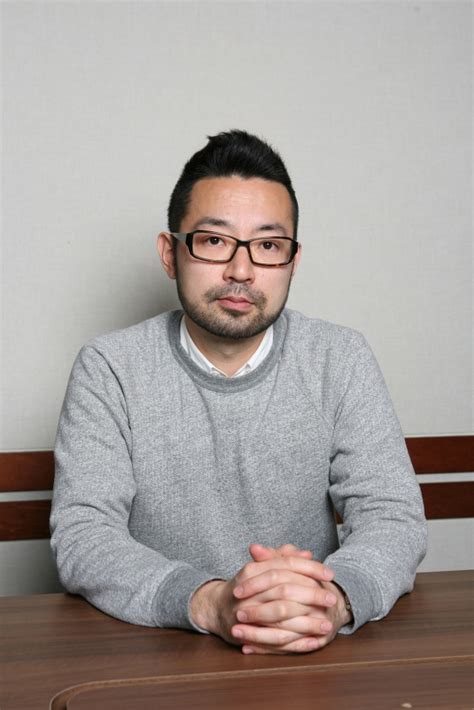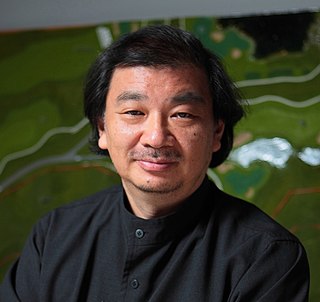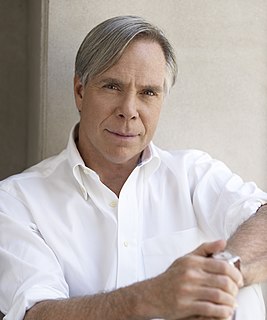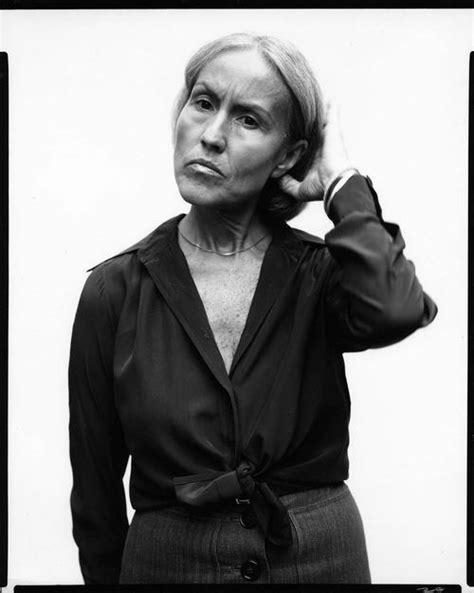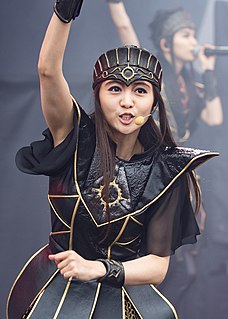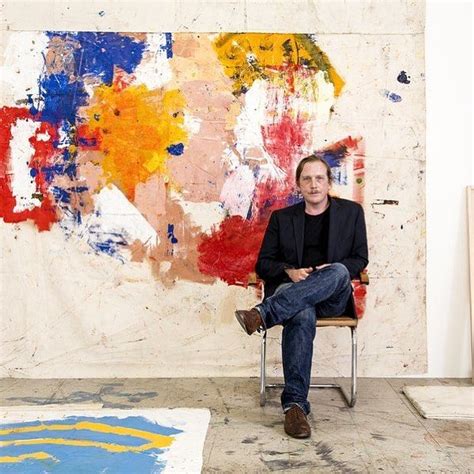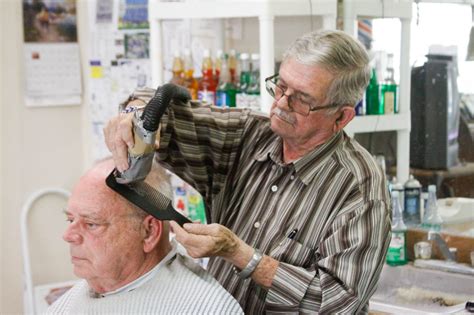A Quote by Hiro Murai
A lot of my personality and my affinity for certain pieces of pop culture and art all stem from a sort of Japanese aesthetic and way of thinking.
Related Quotes
It may well be, of course, that America's pop culture is on balance better than our high art. I don't think so, but you can certainly make a case that the best of it aspires to a degree of aesthetic and emotional seriousness that is directly comparable to all but the very greatest works of high art.
'We Are Pop Culture' is my clothing line for women that started with just T-shirts. The clothing line is urban street wear. It's for women that feel confident in their own skin and want to express themselves. The whole idea is to play with modern pop culture and previous pop culture using art and sayings.
The Japanese garden is a very important tool in Japanese architectural design because, not only is a garden traditionally included in any house design, the garden itself also reflects a deeper set of cultural meanings and traditions. Whereas the English garden seeks to make only an aesthetic impression, the Japanese garden is both aesthetic and reflective. The most basic element of any Japanese garden design comes from the realization that every detail has a significant value.
In '68 I was 13 years old, so I was a child, but I felt a lot of excitement in listening to things, looking at the pop art coming over from America. My father was an art collector, and he was coming home with these strange pieces of art that weren't exposed in museums. At the time, it was quite revolutionary, very adventurous.

